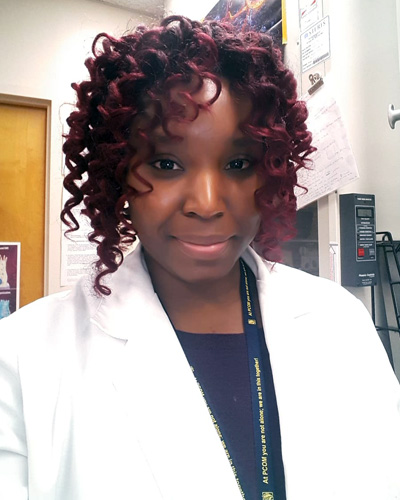The cardiovascular system of the human body is made up of the heart, blood, arteries
and veins. Scientists study how the heart functions and how blood vessels deliver
oxygenated blood throughout the body. Researchers investigate conditions such as coronary
artery disease and heart failure to identify risk factors, causes and treatments.
Researchers explore both medical and surgical interventions, including medications,
stents, bypass surgeries and transplant options to improve outcomes for patients with
cardiovascular diseases.
The pulmonary system encompasses the lungs and body's airways. Research in this field
aims to understand how the lungs function, how they exchange oxygen and carbon dioxide
and the characteristics behind various lung diseases. Scientists explore conditions
like asthma, chronic obstructive pulmonary disease (COPD), pulmonary fibrosis, lung
cancers and more. They investigate the role of genetics, environmental factors and
lifestyle choices in the development and progression of pulmonary diseases. Researchers
also focus on developing new medications, inhalers and treatments such as pulmonary
rehabilitation and lung transplantation to improve lung health and improve patients'
quality of life.
Cardiovascular and pulmonary systems research also explores the intersection between
these two fields. Many diseases, such as hypertension, can affect both the heart and
lungs simultaneously. Scientists aim to unravel the complex interactions between these
systems to better understand how diseases develop and progress.
Moreover, researchers investigate preventive strategies to promote heart and lung
health. They study the impact of lifestyle choices, such as exercise, diet, smoking
and tobacco use may have on cardiovascular and pulmonary diseases. They also examine
potential risk factors such as high cholesterol, high blood pressure, obesity and
diabetes.


